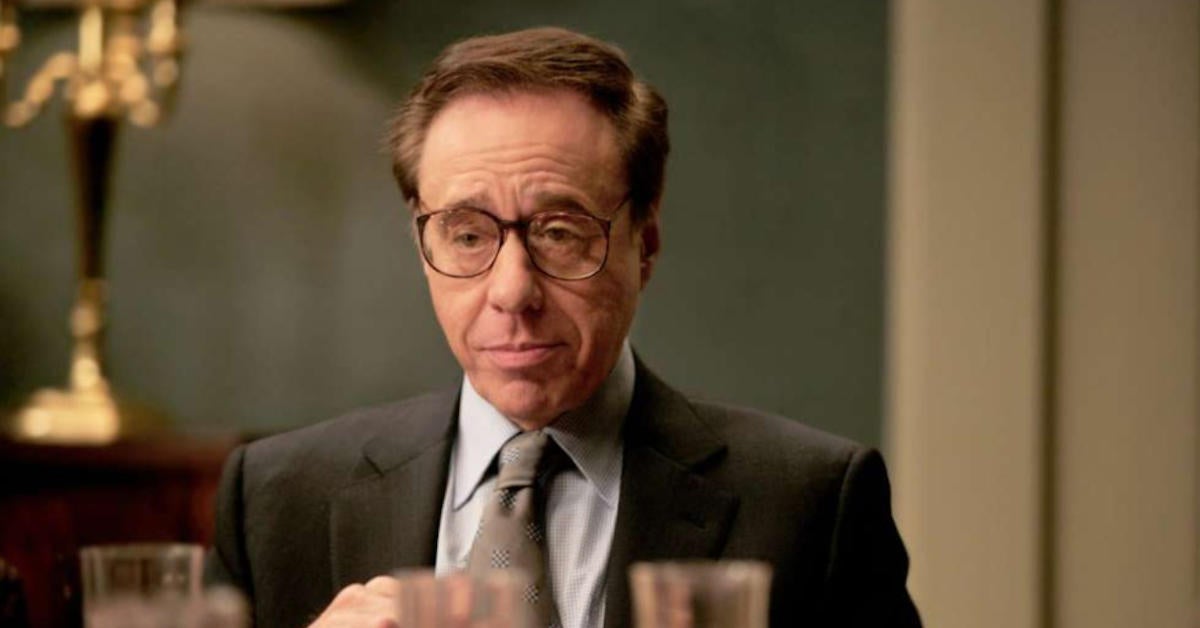Acclaimed filmmaker Peter Bogdanovich, who rose to prominence for writing and directing such celebrated dramas as ‘The Last Picture Show’ and ‘Paper Moon’ in the early 1970s, has died at the age of 82. The scribe-helmer-producer died yesterday from complications of Parkinson’s disease at his home in Los Angeles
Released in 1971, ‘The Last Picture Show’ served as Bogdanovich’s breakout movie as a writer-director. The coming-of-age ensemble drama, which is based on Larry McMurtry’s semi-autobiographical 1966 novel of the same name, garnered the filmmaker Academy Award nominations for Best Director and Best Writing (Adapted Screenplay).
‘The Last Picture Show’ featured several of the era’s top up-and-coming actors, including Jeff Bridges, Ellen Burstyn, Randy Quaid and Cybill Shepherd. Bogdanovich caused a scandal when he left his wife and professional partner, Polly Platt, to pursue a romantic personal relationship with Shepherd.
Despite the controversy in his personal life, the filmmaker went on to garner success when he helmed and produced the road comedy-drama, ‘Paper Man,’ which was released in 1973. The movie, which starred Ryan and Tatum O’Neal, garnered Bogdanovich a Golden Globe nomination for Best Director. Tatum also made history with her role in the movie by winning the Best Supporting Actress Oscar at the age of 9.
Due to ‘The Last Picture Show’ positive reception, Bogdanovich became one of the most sought-after filmmakers in Hollywood in the early 1970s. His success with the movie led Paramount Pictures to include him the then-newly formed Director’s Company, along with Francis Ford Coppola and ‘The Exorcist’ helmer, William Friedkin.
In the company, the three filmmakers were able to make any project of their choosing, as long as it fell within a certain budget range. Although the production entity was short-lived, it granted Bogdanovich the budget to make ‘Paper Moon.’
The scribe-director’s popularity began to dwindle, however, with the release of his 1974 drama, ‘Daisy Miller,’ which was based on the 1878 novella of the same name by Henry James. The drama served as his last project for the Director’s Company, which many audiences felt was a vanity project for Shepherd, who he was still dating at the time.
After the movie received negative reviews, Bogdanovich’s reputation barely recovered. His next two films, the 1975 musical comedy, ‘At Long Last Love,’ and the 1976 comedy, ‘Nickelodeon,’ were critical and commercial disappointments.

After his personal relationship with Shepherd later ended in 1978, the filmmaker garnered some success with the 1981 romantic comedy, ‘They All Laughed.’ The ensemble movie featured Audrey Hepburn in her last big-screen appearance, as well as newcomers like John Ritter.
The feature also marked the mainstream movie debut of Playboy Playmate of the Year Dorothy Stratten, with whom Bogdanovich had an affair. She was brutally murdered by her husband-manager, Paul Snider, before the comedy was distributed by the filmmaker himself.
The experience inspired Bogdanovich to write book about it, ‘The Killing of the Unicorn,’ which was released in 1984. He eventually married Stratten’s younger sister, Louise, who was almost 30 years younger than him. The couple later divorced in 2001.
In the latter years of his life, the writer-helmer-producer enjoyed intermittent success in his career. He garnered critical success with such films as the 1985 biopic, ‘Mask,’ and the 2001 historical drama, ‘Cat’s Meow.’
Bogdanovich is survived by his two children with Platt, Antonia and Sashy. Platt died in 2011 at the age of 72.